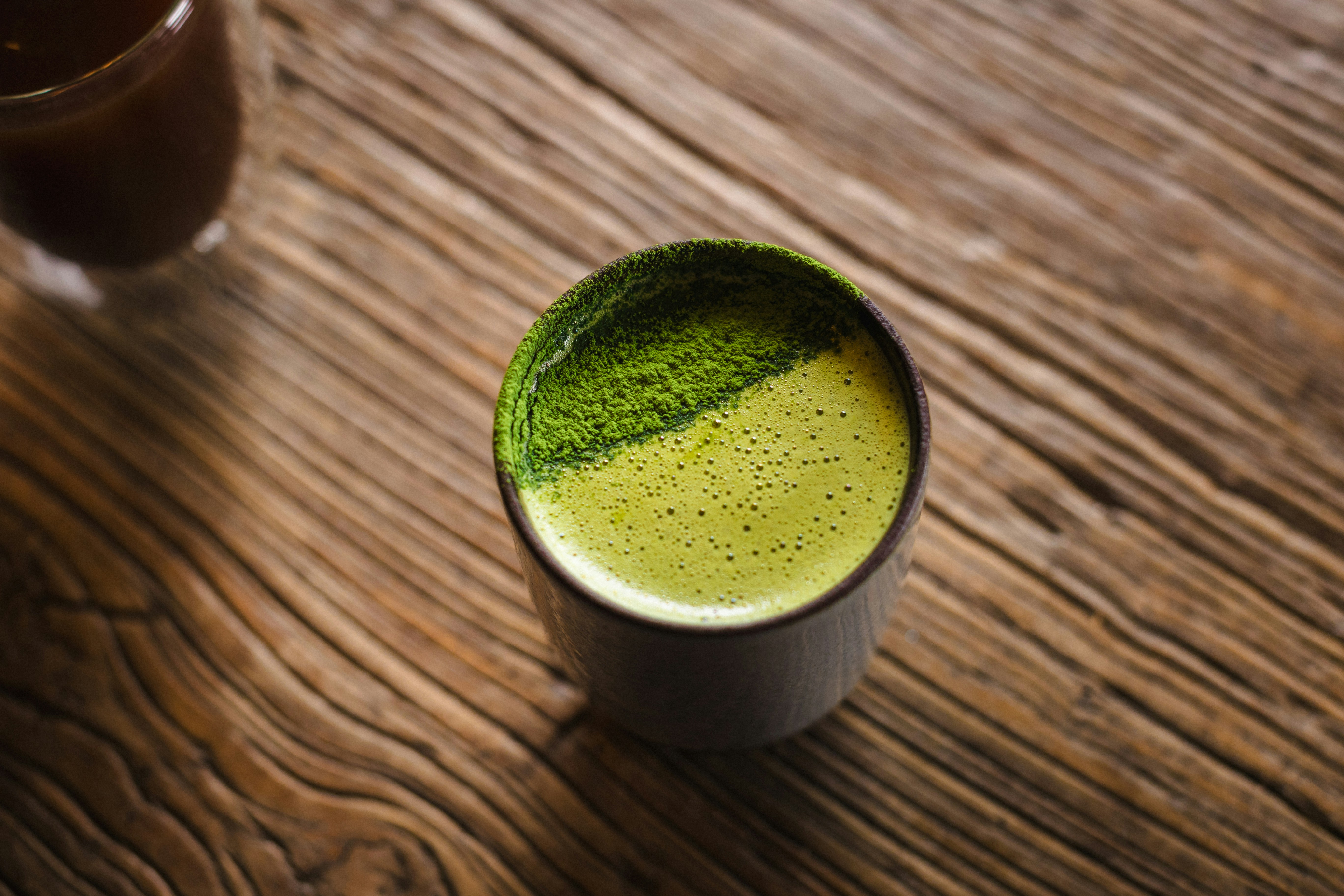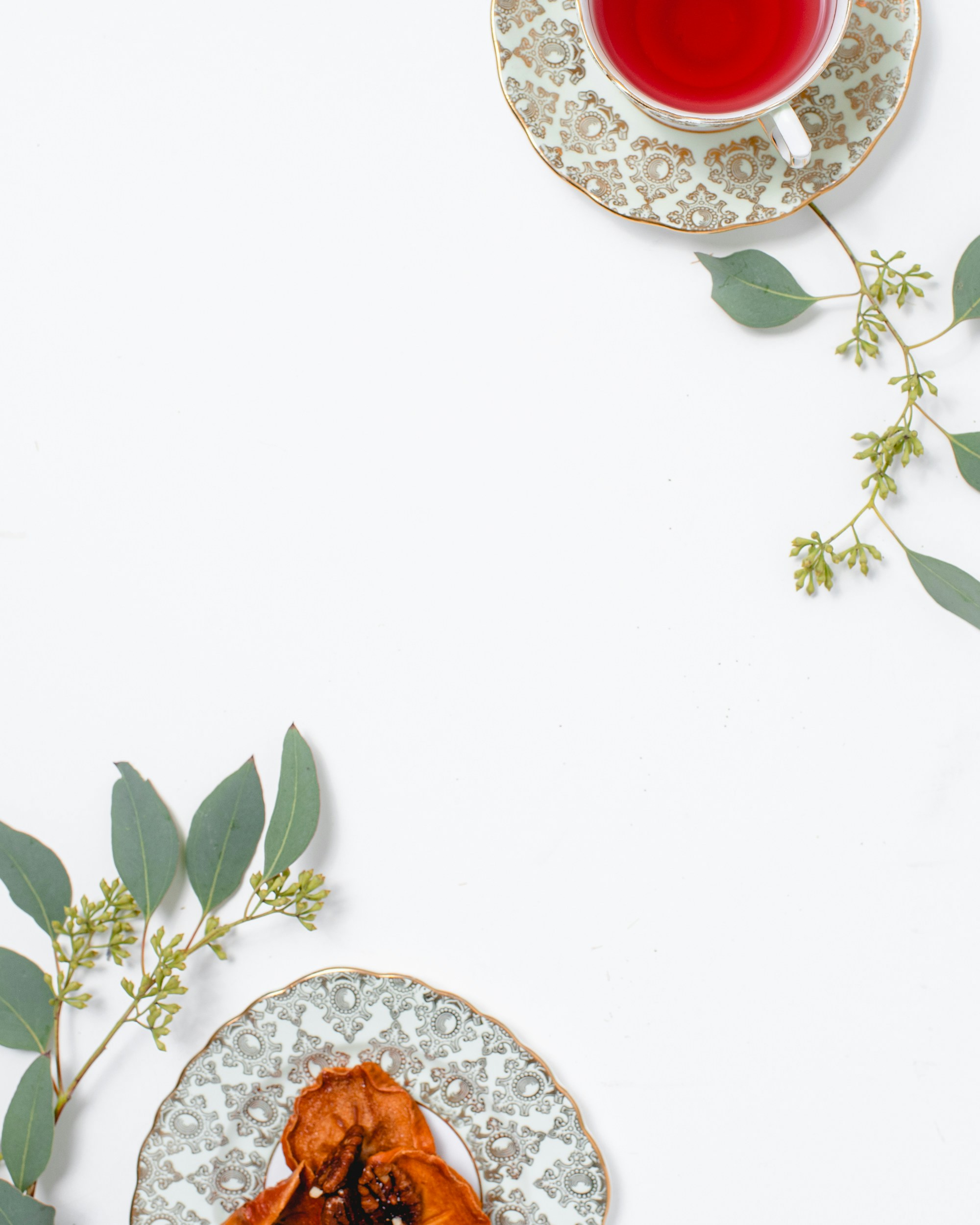Introduction: Mindfulness – The Heart of Wellness
Mindfulness has become an essential component of successful wellness routines, weaving its way into various health practices to create a holistic approach to well-being. At its core, mindfulness involves intentionally focusing on the present moment, cultivating an awareness of your thoughts, emotions, and physical sensations without judgment. In our increasingly fast-paced world, filled with distractions and escalating anxiety, the need for mindfulness has never been greater. It empowers individuals to reconnect with themselves and their surroundings, leading to enhanced emotional clarity and mental well-being.
Integrating mindfulness into your wellness routine can take many forms. Many find that simple practices like mindful breathing or meditation effectively center their thoughts and alleviate stress. Starting the day with a few minutes of deep, conscious breathing can sharpen focus and set a positive tone for the hours ahead. Engaging in mindful movement activities like yoga or tai chi can further harmonize the mind and body, promoting overall health and balance.
Consider the story of someone whose life was profoundly changed by mindfulness. Initially skeptical, they began incorporating mindfulness techniques into their daily routine. They reported not only a decrease in stress levels but also a newfound appreciation for life’s simple joys and a heightened sense of gratitude. Being present transformed their interactions, relationships, and overall personal satisfaction.
The importance of mindfulness in a wellness routine cannot be overstated. It cultivates self-awareness and strengthens emotional well-being, equipping individuals to navigate daily challenges with greater resilience. By recognizing the value of mindfulness, you can take meaningful steps towards a balanced and fulfilling life.
Understanding Mindfulness: An Inner Exploration
Mindfulness, a practice with roots in ancient philosophies, particularly Buddhism, has evolved into a widely recognized method for cultivating self-awareness and presence. At its heart, mindfulness involves actively and intentionally focusing on the present moment. This practice enables individuals to acknowledge their thoughts and feelings without judgment, reducing stress and fostering a deeper connection with themselves and their environment.
The historical context of mindfulness can be traced back to Eastern cultures, where meditation and mindful awareness were central to spiritual and philosophical teachings. In recent decades, especially with the rise of modern psychology, mindfulness has moved beyond its spiritual origins and is now embraced as an effective therapeutic technique. It’s increasingly used in healthcare, education, and corporate settings to improve well-being and address stress-related issues.
Self-awareness is a key benefit of mindfulness. By intentionally focusing on the present, individuals gain a clearer understanding of their emotions, reactions, and thought patterns. This heightened awareness improves emotional regulation and enhances interpersonal relationships. Integrating mindfulness into daily life can be achieved through simple yet powerful techniques. For example, mindful breathing involves paying close attention to the breath as it enters and leaves the body, providing a grounding anchor during stressful moments.
Other techniques include mindful eating, where individuals savor the experience of eating without distractions, fostering appreciation for food and its impact on the body. Mindful walking, or even bringing mindfulness to routine tasks, strengthens the ability to stay present and fully engaged in life’s moments. Mindfulness is both an inward journey and a powerful tool for overall wellness.
Mindfulness: A Path to Better Health
Mindfulness, with its roots in ancient meditation techniques, has gained significant attention in modern wellness discussions for its wide-ranging health benefits. Research suggests that mindfulness can improve mental health outcomes, enabling individuals to navigate life’s challenges with greater ease. Numerous scientific studies have documented the positive effects of mindfulness on mental well-being, particularly its ability to reduce anxiety and improve emotional regulation.
A key study published in Psychological Science demonstrated that participants who practiced mindfulness meditation experienced a significant reduction in anxiety symptoms compared to those who did not. This reduction is attributed to mindfulness’s ability to foster awareness of thoughts and emotions without judgment. This awareness empowers individuals to respond to stressors more constructively, rather than reacting impulsively.
Furthermore, mindfulness promotes a stronger connection to the present moment, leading to increased feelings of contentment and a decrease in negative thought patterns. A recent participant in a mindfulness-based program shared their experience of overcoming debilitating fear and worry that had previously interfered with their daily life. After integrating mindfulness practices, they reported feeling better equipped to manage stress and maintain a more positive outlook.
The benefits of mindfulness extend beyond stress reduction. Studies suggest that regular practice can enhance cognitive function, improving focus and memory. It also positively influences relationships by fostering empathy and patience. Embracing mindfulness contributes to personal health and enriches social connections, creating a ripple effect of well-being in various aspects of life.
Integrating Mindfulness into Your Everyday Life
Integrating mindfulness into your daily life can significantly enhance your overall well-being and promote a sense of calm amidst the everyday hustle. Here are some practical tips to cultivate mindfulness throughout your day:
Mindful Eating: Transform mealtimes into dedicated spaces for mindfulness. Eliminate distractions like television or phones. Take a moment to appreciate the sensory qualities of your food – its colors, textures, and aromas. Chew slowly, savoring each bite and noticing the flavors and the feeling of fullness. This fosters a deeper connection with the act of nourishing your body.
Mindful Working: Incorporate short mindfulness breaks during your workday to refocus and recenter. A simple technique is to take a minute to breathe deeply, bringing your attention to your breath. Alternatively, try the “5-4-3-2-1” grounding exercise: identify five things you can see, four you can touch, three you can hear, two you can smell, and one you can taste. This can alleviate stress and boost productivity.
Mindful Exercising: Whether you’re practicing yoga, running, or lifting weights, bring mindfulness to your workout. Focus on your body’s movements and sensations instead of letting your mind wander. Pay attention to your breath; synchronizing it with your movements can deepen your experience and enhance performance.
Mindful Sleeping: Create a calming nighttime routine to encourage relaxation. Consider setting aside ten minutes for mindfulness meditation or a gentle body scan before bed. This calms the mind and prepares it for restful sleep. Dimming the lights and minimizing noise can further enhance mindfulness and improve sleep quality.
By implementing these simple techniques throughout your day, you can seamlessly integrate mindfulness into your routine, benefiting both your mental and emotional health.
The Spiritual Side of Mindfulness
Mindfulness, often residing at the intersection of mental health and spiritual well-being, is a transformative practice within various spiritual traditions. Primarily associated with Buddhism, mindfulness emphasizes present moment awareness and cultivates the ability to connect with one’s inner self and the surrounding universe. This practice serves as a gateway to deeper spiritual experiences, fundamentally shifting how individuals perceive their existence and the challenges they face.
In Buddhism, mindfulness is integral to the path of enlightenment. It develops concentration and awareness and fosters compassion and a deeper understanding of the nature of suffering. Through mindfulness meditation, practitioners learn to observe their thoughts and emotions without judgment, leading to profound insights into human existence and interconnectedness. This fundamental awareness enables individuals to transcend superficial worries and access a deeper wisdom.
Similarly, in yoga, mindfulness is interwoven into both the physical and spiritual aspects of the practice. Mindful breathing and focused movement encourage practitioners to be attuned to their bodies and minds. Engaging fully in each pose not only enhances physical flexibility but also cultivates a deeper spiritual awareness, fostering a sense of unity with oneself and the cosmos. This approach emphasizes living in the moment, encouraging practitioners to let go of distractions and reconnect with their spiritual selves.
Various other spiritual practices, including contemplative prayer in Christianity and mindfulness in Sufism, incorporate mindfulness techniques to deepen spiritual experiences. Embracing mindfulness can facilitate a spiritual journey that strengthens one’s connection with the divine, serving as a powerful tool to enhance overall well-being. The rich traditions and practices associated with mindfulness provide a multifaceted approach to spiritual growth and self-discovery.
Mindfulness and Building Emotional Resilience
Mindfulness, the practice of being present and fully engaged with the current moment, is increasingly recognized for its profound impact on emotional resilience. Emotional resilience is the capacity to adapt to stressful situations and bounce back from adversity. Integrating mindfulness into daily life strengthens emotional regulation, improves stress management, and fosters a greater sense of well-being.
Many individuals have experienced transformative changes in their emotional resilience through mindfulness practices. Take, for example, Sarah, a corporate professional who frequently experienced work-related stress. Struggling with anxiety, she turned to mindfulness meditation. Over time, as she developed the habit of observing her thoughts and feelings without judgment, she found herself approaching stressful situations with a newfound sense of calm. This not only improved her work performance but also enhanced her personal relationships, allowing her to navigate challenges with greater ease and composure.
Consider also Michael, a teacher navigating the emotional demands of a challenging classroom. Through mindfulness, he learned to identify his stressors and respond thoughtfully rather than reacting impulsively. This cultivated compassion for himself and his students, creating a more positive classroom environment. The emotional resilience he gained allowed him to handle conflicts constructively and maintain his passion for teaching.
Mindfulness cultivates inner compassion, enabling individuals to be kinder to themselves during difficult times. This self-kindness is essential for maintaining emotional resilience. Instead of succumbing to self-criticism, those who practice mindfulness learn to acknowledge their feelings, develop healthy coping mechanisms, and emerge stronger from life’s challenges. Mindfulness supports emotional health and fosters the resilience needed to thrive in various aspects of life.
Mindfulness Across Cultures: Global Rituals of Presence
Mindfulness transcends geographical boundaries, finding expression in diverse cultural rituals practiced for centuries. From the serene tea ceremonies of Japan to the vibrant art of meditation in Buddhist traditions, each practice offers a unique perspective on the principles of mindfulness. These rituals are more than just activities; they are pathways to deeper awareness and connection with the present moment.
In Japan, the tea ceremony, or “chanoyu,” exemplifies the richness of mindfulness as a cultural ritual. This highly structured practice involves the precise preparation and consumption of matcha tea. Each step is performed with intention and grace. Participants focus solely on the ceremony, minimizing distractions and cultivating a meditative state. This ritual embodies a deep respect for nature, simplicity, and harmony, demonstrating how mindfulness can foster a greater appreciation for life’s ephemeral moments.
Throughout India, mindfulness is integral to various spiritual practices, particularly yoga and meditation. These practices emphasize breath control, body awareness, and mental stillness as pathways to personal growth and enlightenment. The communal nature of these rituals strengthens social bonds and provides a collective space to cultivate mindfulness, creating shared experiences that resonate on both individual and communal levels.
African communal gatherings often incorporate storytelling, dance, and music, serving as rituals that promote mindfulness through active participation and connection. These gatherings immerse individuals in the present moment while reinforcing cultural identity and strengthening community bonds. These practices highlight a universal understanding of mindfulness as an essential aspect of the human experience, reflecting the diverse ways in which societies value connection and presence in everyday life.
Real-Life Transformations: Testimonials on the Power of Mindfulness
Many individuals have shared their transformative experiences with mindfulness, highlighting its profound impact on their lives and overall well-being. Sarah, a busy marketing executive, felt overwhelmed by daily stress. After incorporating mindfulness meditation into her routine, she discovered that even just ten minutes a day brought greater clarity and focus to her work. Sarah credits mindfulness with improving not only her professional life but also her personal relationships, enabling her to be more present with her loved ones.
James, a father of two struggling with anxiety and burnout, attended a mindfulness workshop and began practicing mindful breathing exercises each morning. He reports a significant reduction in his anxiety levels and a newfound ability to approach daily challenges with a calmer mindset. His increased tranquility has not only benefited him personally but also created a more peaceful home environment; his children have noticed his increased patience and engagement during family time.
Maria, a retiree, discovered mindfulness after her children left for college. Feeling lost, she sought ways to reconnect with herself. Through mindful journaling, Maria cultivated self-awareness and gratitude. She describes how mindfulness shifted her perspective on solitude and led her to explore new hobbies, enriching her life with newfound passions and a deeper appreciation for the present moment.
These testimonials powerfully illustrate the diverse benefits of incorporating mindfulness into a wellness routine. From reducing stress and anxiety to fostering deeper connections with loved ones, mindfulness proves to be a powerful tool for improving both mental and emotional well-being.
Conclusion: Embrace Mindfulness for a Balanced and Fulfilling Life
Integrating mindfulness into your wellness routine is not simply a trend; it’s a fundamental practice that fosters overall well-being. As explored throughout this post, mindfulness offers numerous benefits, including enhanced emotional regulation, stress reduction, and improved focus. By cultivating a greater awareness of the present moment, individuals develop a deeper connection with their thoughts, emotions, and the world around them. This practice, grounded in ancient traditions, has become a valuable asset in modern wellness strategies.
Mindfulness acts as a bridge, connecting mental, emotional, and physical health, ultimately enriching the human experience. Regular engagement in mindfulness practices such as meditation, deep breathing, or mindful movement can significantly improve quality of life. Moreover, research suggests that consistent mindfulness practice can help alleviate symptoms of anxiety and depression, promoting emotional resilience and stability.
Embracing mindfulness requires commitment and patience, but the rewards are immeasurable. Whether you dedicate specific time for meditation or simply integrate mindfulness techniques into daily activities, the potential for personal growth and transformation is significant. Start small, perhaps with just a few minutes each day devoted to mindful breathing or observation, gradually increasing the duration as you become more comfortable with the practice.
Ultimately, embracing mindfulness brings balance and clarity to everyday life. As we become more mindful, we create space for self-awareness, compassion, and understanding, both for ourselves and others. Prioritizing mindfulness in your wellness routine can be a truly transformative experience. Begin your journey today, and discover the profound impact it can have on creating a balanced and fulfilling life.








Leave a Reply